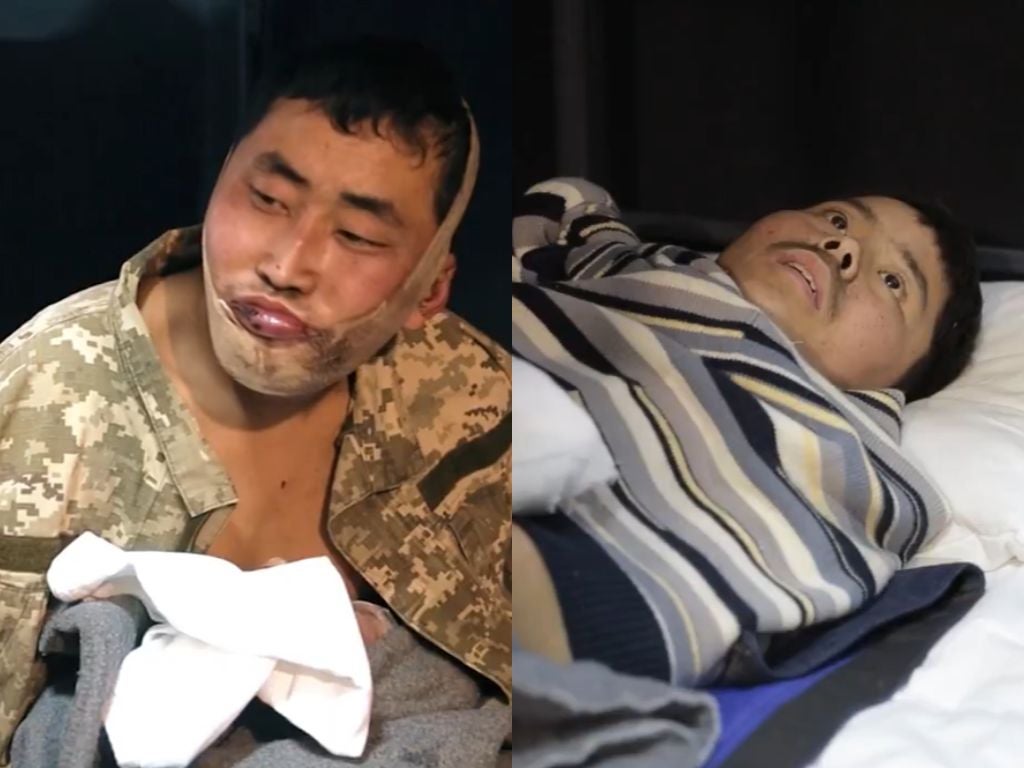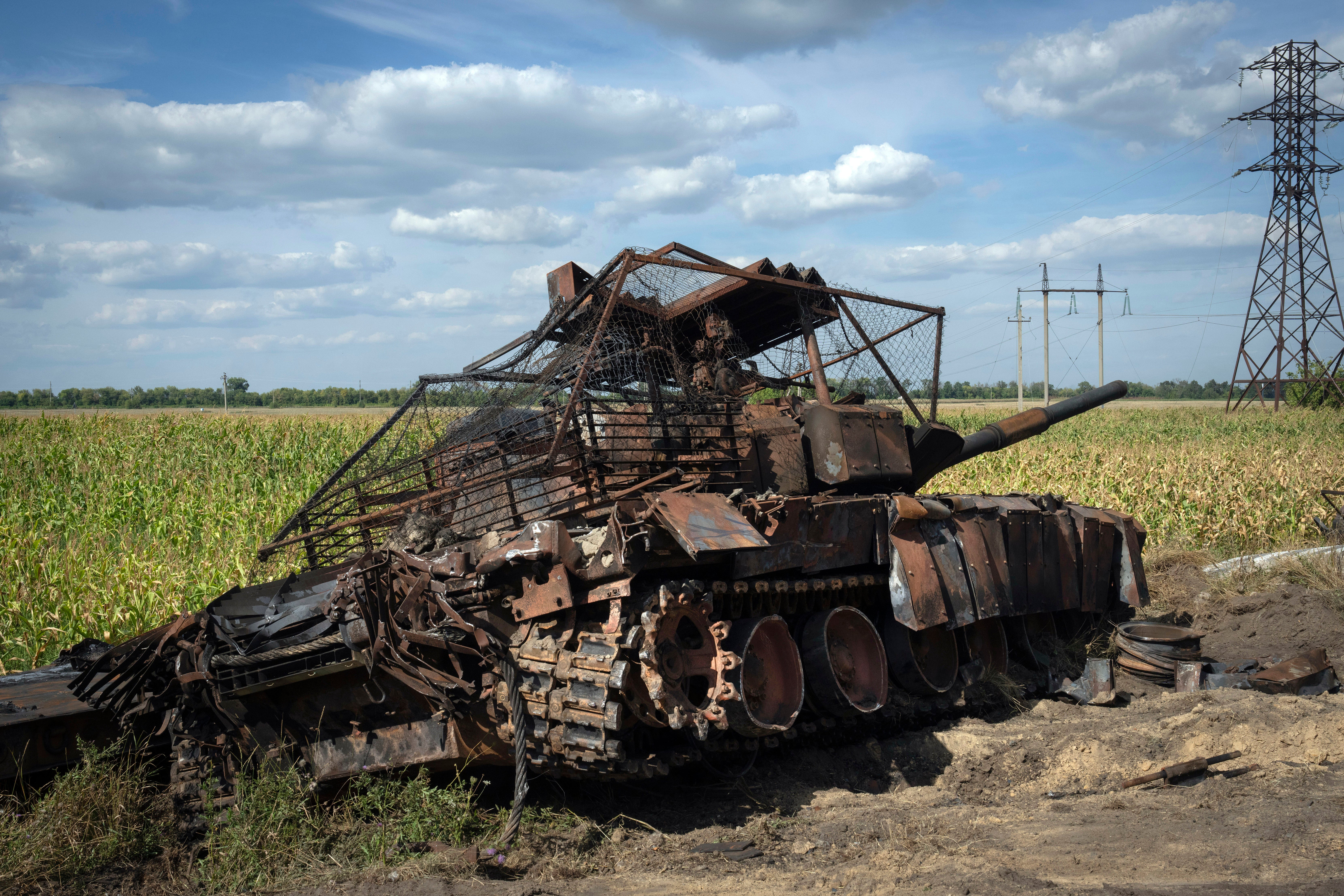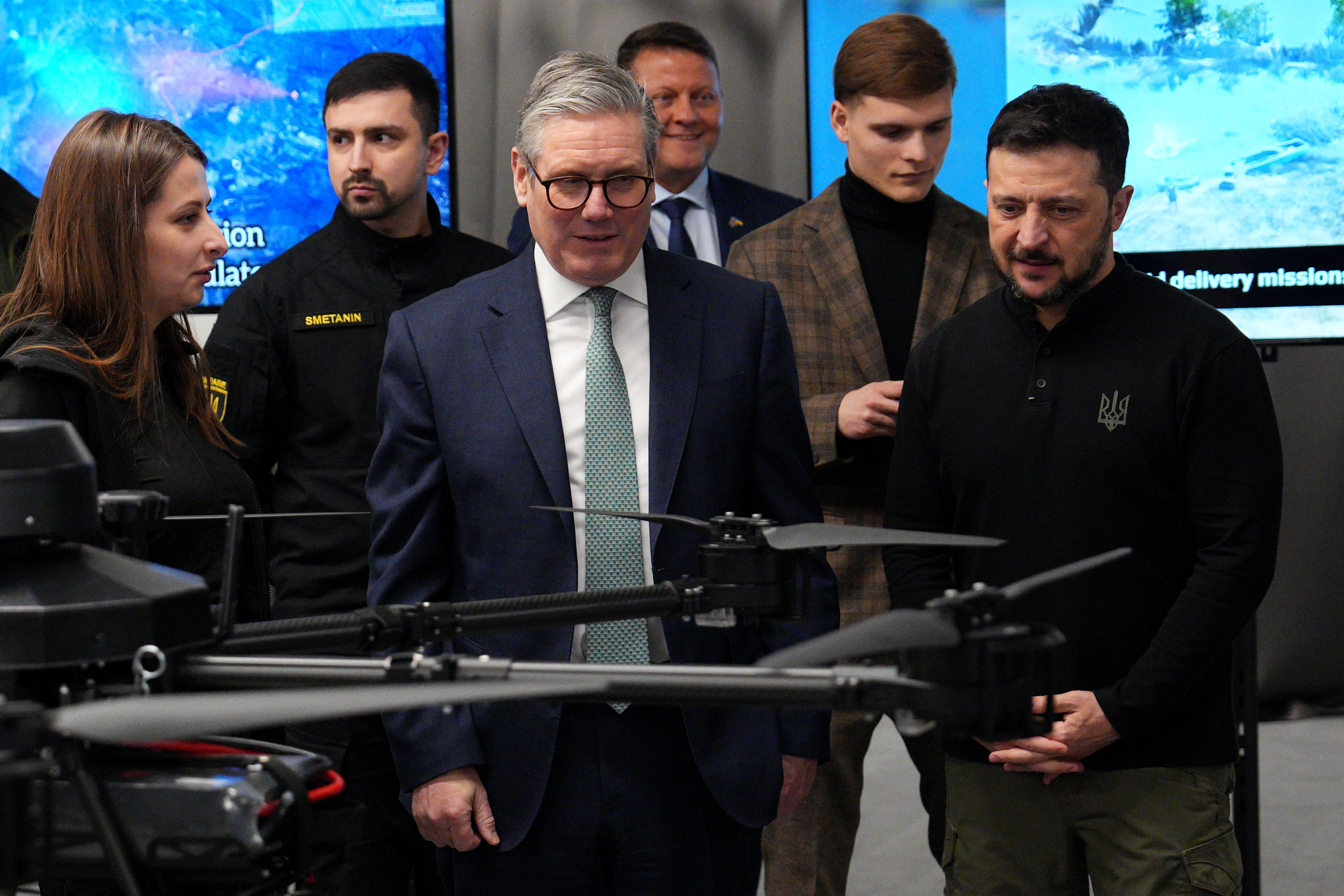All of the roughly 12,000 North Korean troops fighting with Russian forces may be dead or wounded by mid-April, a leading war monitor has said.
North Korean troops have suffered an estimated 92 casualties every day since significant fighting in Russia’s border Kursk region began in early December, the Institute for the Study of War (ISW) said.
Ukrainian president Volodymyr Zelensky said in early January that 3,800 North Korean soldiers had been killed or wounded in Kursk, where Russia is trying to reclaim territory following Kyiv’s lightning offensive last August and a second push late last year.
"The entire North Korean contingent of roughly 12,000 personnel currently in Kursk Oblast may be killed or wounded in action by mid-April 2025 should North Korean forces continue to suffer from their current high loss rate in the future,” the ISW said.

South Korea’s National Intelligence Service (NIS) said at the start of this week that 300 North Koreans have been killed and 2,700 wounded in Kursk.
“North Korean forces will likely continue to suffer a larger ratio of wounded to killed in action – as is typical for armed conflict – and it is unclear if or when injured North Korean soldiers return to combat,” the ISW said.
Although Ukrainian defense minister Rustem Umerov said in November North Korean troops were engaged only in “small-scale” clashes in Kursk, Russian military bloggers have since claimed they are participating in significant combat operations.
Moscow’s defence ministry claimed on Friday that its forces have retaken 63.2 per cent of the territory captured by Ukraine in Kursk. Russian forces captured four settlements in the first two weeks of January, it claimed, but the reports have not been independently verified.

Meanwhile, the French defense minister accused Russia of “intimidation” after its S400 ground-to-air defense system locked onto a French sea patrol plane.
The plane was patrolling in international airspace on Wednesday when it was locked onto by the radar of the defence system, Sebastien Lecornu said.
“This aggressive Russian action is not acceptable. Our armies will continue to act to defend freedom of navigation in international air and maritime spaces,” Mr Lecornu said on X.
Russian air attacks continued on Friday, with Ukrainian air defences downing 33 out of the 50 drones launched overnight, Kyiv’s air force said.
At least four people have been killed in a Russian strike on the city of Kryvyi Rih, Mr Zelensky’s hometown in southern-central Ukraine, the regional governor said.
Another three people are in a serious condition in hospital and at least two others were injured in the attack, Serhiy Lysak, the governor of the Dnipropetrovsk region, said on Telegram.
Two five-storey buildings were damaged, including a residential building and an educational facility, and one caught fire, Mr Lysak added. Russia has not commented on reports.
It came after a Thursday drone attack on Kyiv, as British prime minister Keir Starmer visited to sign a 100-year security deal with Mr Zelensky, and discuss the prospect of sending British peacekeeper troops to Ukraine.

Kremlin spokesman Dmitry Peskov said on Friday that Moscow would study the details of the agreement, adding that the idea of British military bases in Ukraine was “worrying”.
“Given that Britain is a Nato country, the advancement of its military infrastructure towards our borders is certainly a rather worrying element," Peskov said.
Elsewhere, Iranian president Masoud Pezeshkian travelled to Moscow and, alongside Putin, signed a strategic partnership between Tehran and Moscow, state media reported. Iran has long been accused by the West of supplying drones to support Russia’s war effort in Ukraine - which Tehran has denied.







